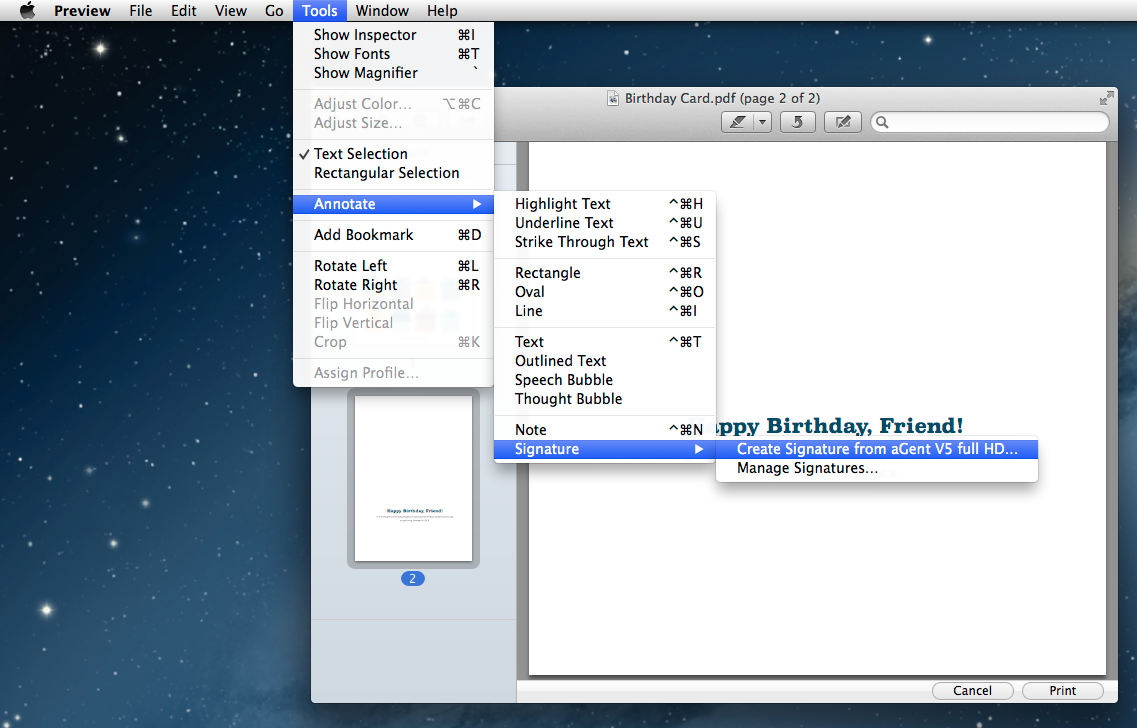Advanced Mathematics Brown Pdf Editor
The UK Government has set a goal that the “vast majority” of students in England will be studying mathematics to the age of 18 by the end of the decade. The policy levers for achieving this goal include new Core Maths qualifications, designed for over 200,000 students who have achieved good grades at the age of 16 but then opt out of advanced or A level mathematics. This article reports findings from a cluster-sampled survey of over 10,000 17-year-olds in England in 2015. Nbaa Personal Use Of Business Aircraft Handbook Colvin. Hurricane X Rechargeable Electric Air Pump Manual on this page. Participants’ views on post-16 mathematics are presented and discussed. The main finding is that they are strongly opposed to the idea of compulsory mathematical study, but are less antithetical to being encouraged to study mathematics beyond 16. We consider how attitudes vary by gender, prior attainment, study patterns and future aspirations.
Can you find your fundamental truth using Slader as a completely free Advanced Mathematics: Precalculus With Discrete Mathematics and Data Analysis solutions manual? Now is the time to redefine your true self using Slader’s free Advanced Mathematics: Precalculus With Discrete. Solutions to exercise 11 on page 588 in Advanced Mathematics: Precalculus With Discrete Mathematics and Data Analysis (370). SOLOMON LEFSCHETZ, Princeton University and Brown University. Was Editor, Annals of Mathe- matics, President AMS (1935—1937), and is a member of the National Academy of Sciences and the American Philosophical Society. Of the Institute for Advanced Study, with mathematics as its first and strongest.
The article considers the implications of these findings in the current policy landscape. Funding This research is part of the Rethinking the Value of Advanced Mathematics Participation project, funded by the Nuffield Foundation (EDU/41221). The Nuffield Foundation is an endowed charitable trust that aims to improve social well-being in the widest sense. It funds research and innovation in education and social policy and also works to build capacity in education, science and social science research. The views expressed herein are those of the authors and not necessarily those of the Foundation. More information is available.

